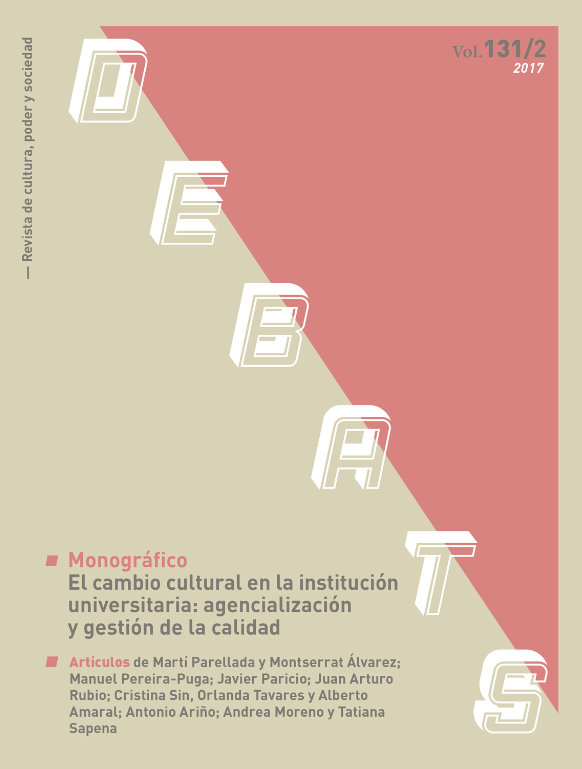Students as customers: a paradigm shift in higher education
Abstract
Increasingly, higher education students are being considered as customers or clients. But this new way of seeing students implies a substantial change in the traditional notion of the student. The idea of student-customer goes beyond the demand for proper attention to the student: it is part of an entirely new paradigm of higher education, which also includes other factors, such as the idea of higher education as a competitive market, public reputation as an institutional priority associated with a greater capacity for attracting and satisfying students, study programmes conceived by the students as an important personal and economic investment, curricula designed with a clear professional development orientation, quality systems centred on the value of customer satisfaction and a new way of understanding educational relationships between students and faculty. This paradigm can be seen as the everyday way of thinking in some countries, while in others, such as Spain, it is slowly breaking through. An analysis of this paradigm is made in this paper through an extensive bibliographical review of the research on the different factors that characterize it and its impact on the quality of the learning processes and the social function of universities.
Downloads
Downloads
Published
How to Cite
Issue
Section
License
Without prejudice to the provisions of article 52 of Spanish Law 22/1987 of November 11 on Intellectual Property, BOE (official state bulletin) of November 17, 1987, and pursuant to said legislation, the author(s) surrender(s) free of charge its rights of edition, publication, distribution and sale of the article, for its publication in Debats. Journal on Culture, Power and Society.
Debats. Journal on Culture, Power and Society is published under the Creative Commons license system in accordance with the «Recognition - Non-Commercial (by-nc) modality: The generation of derivative works is permitted provided that commercial use is not made. Nor can the original work be used for commercial purposes».
Thus, when the author submits his/her contribution, he/she explicitly accepts this assignment of publishing and publishing rights. Authors also authorize Debats. Journal on Culture, Power and Society to include their work in an issue of the journal to be distributed and sold.











